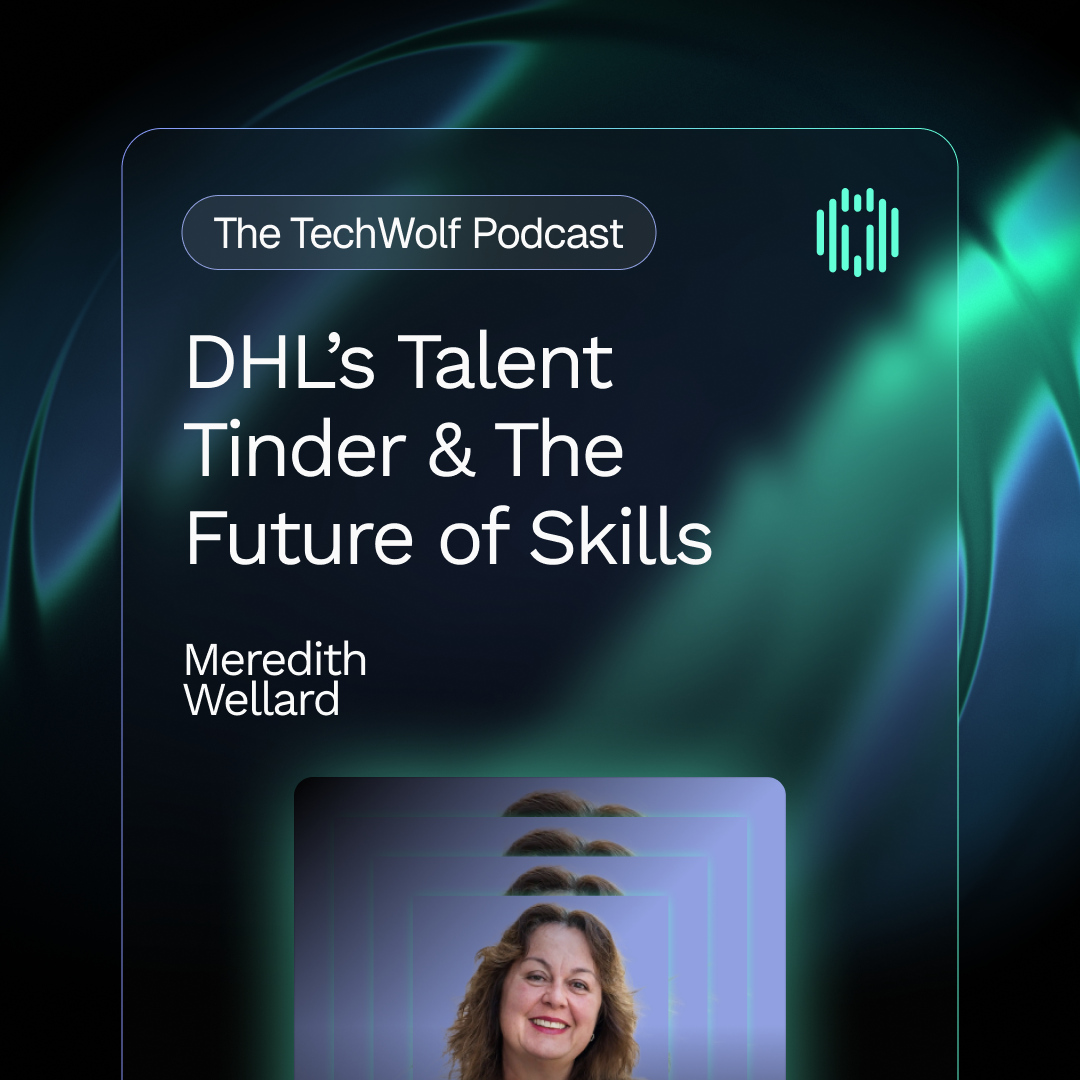
Josh Tarr - Workday's Skills-Based Organization: When Hype Meets Reality
In this episode of Skills Talks, Josh Tarr, Director of the Skills-Based Organization at Workday, shares how the company successfully implemented a skills-based transformation—not just for its customers, but internally for its 18,000 employees.
Josh explains why skills have become a business imperative, how Workday mapped skills to jobs 3x faster than industry norms, and the biggest challenges organizations face when shifting from jobs to work-based models.
Key insights from this episode include:
✔ The biggest misconception about skills-based organizations—and why it’s harder than it looks.
✔ Why skills transformations often fail—and how to avoid common pitfalls.
✔ How Workday used AI-powered skills inference to automate and accelerate its workforce strategy.
✔ The role of business buy-in in making skills initiatives successful.
✔ Why companies should focus on "skills awareness" instead of "skills-first" strategies.
Josh also dives into the future of skills, why the market is moving from hype to reality, and how HR leaders can future-proof their workforce using AI-driven skills intelligence.
Key Takeaways from Josh Tarr on Skills-Based Organizations
The Reality Behind Skills Hype
- Skills-based organizations aren’t new, but the conditions are finally right to make them scalable.
- The biggest blockers are not technology, but culture shifts and business adoption.
- AI is changing the game, making skills data more accessible and actionable than ever before.
Why Skills Strategies Often Fail
- Companies focus too much on technology instead of strategy—buying tools without a clear business case.
- Skills work is a paradigm shift, moving from jobs → work → skills—not just plugging skills into existing structures.
- Overpromising and underdelivering has led to skepticism about skills-based transformations.
How Workday Mapped Skills 3x Faster Than Most Companies
- 85% of workforce jobs mapped to 10-12 most critical skills—completed in just 3 months.
- Used AI-driven inference models to generate skills-to-job mappings before engaging leaders.
- 2,600 Workday managers reviewed and validated skills to ensure alignment with real work.
- Built a sustainable refresh model using market signals, employee data, and business insights.
Best Practices for Getting Started
✔ Start with business problems, not just HR objectives.
✔ Identify early adopters in the business who are eager to experiment.
✔ Use multiple data sources—worker input, business insights, and market data.
✔ Focus on the most important skills, not all skills.
✔ Build a long-term strategy—this isn’t a quick-fix HR trend.
The Future of Skills Intelligence
- AI will match skills to real work, not just jobs—by integrating with workflow tools (JIRA, Salesforce, etc.).
- Companies will move from skills mapping to predicting which skills drive business success.
- The biggest skills use case no one is talking about: Using skills to predict workforce performance.
About the Speaker: Josh Tarr
Director, Skills-Based Organization | Workday
Josh Tarr is the Director of Skills-Based Organization at Workday, where he leads the company’s internal skills transformation for its 18,000 employees.
Under his leadership, Workday successfully implemented a skills-first talent strategy, using AI-driven skills inference to accelerate internal mobility, hiring, and workforce planning. His team won Workday’s Best Project Award in Q1 2024 for their groundbreaking work in mapping skills to jobs in record time.
With deep expertise in HR transformation, AI-driven talent intelligence, and skills-based workforce planning, Josh plays a pivotal role in helping both Workday and its customers implement practical, scalable skills-based strategies that drive real business value.
Learn more about our integration with Workday
Explore how TechWolf seamlessly integrates with Workday Skills Cloud.


